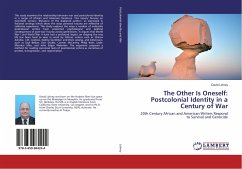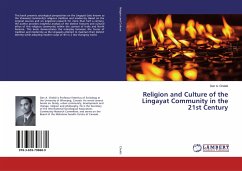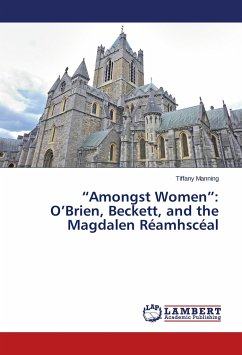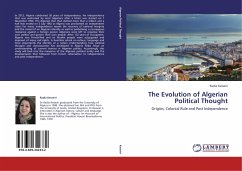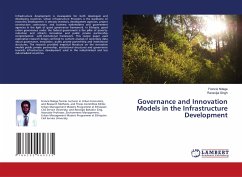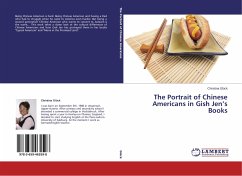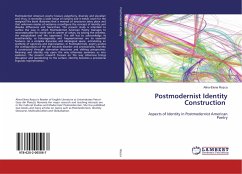This study examines the relationship between war and postcolonial identity in a range of African and American literature. This inquiry focuses on twentieth century 'literature of the displaced author', as expressed in fictional writings which show the ways personal trauma are reflective of collective experience. This study explores the ways a number of indicative postcolonial writers have presented psychological and political consequences of post-war trauma across generations. It argues that World War I and World War II have had a profound impact on shaping the way life has been lived as seen in work by African writers such as Chinua Achebe, J.M. Coetzee, Nadine Gordimer, and Doris Lessing, and Americans, such as Saul Bellow, Don DeLillo, Cormac McCarthy, Philip Roth, Leslie Marmon Silko, and John Edgar Wideman. The argument proposes a method for reading canonical texts of postcolonial writers as narratives of protest, transgression, and regeneration.
Bitte wählen Sie Ihr Anliegen aus.
Rechnungen
Retourenschein anfordern
Bestellstatus
Storno

